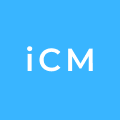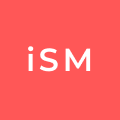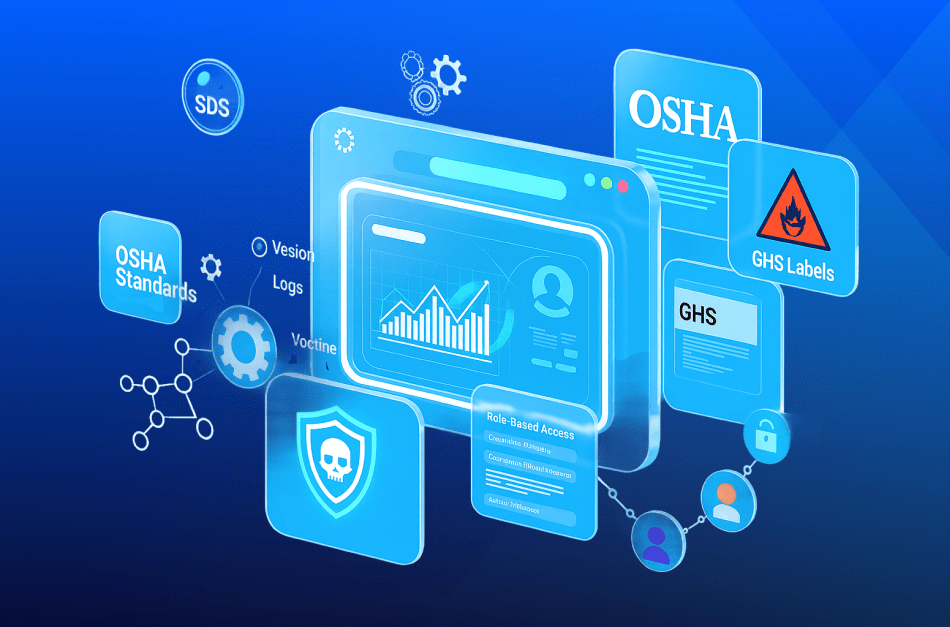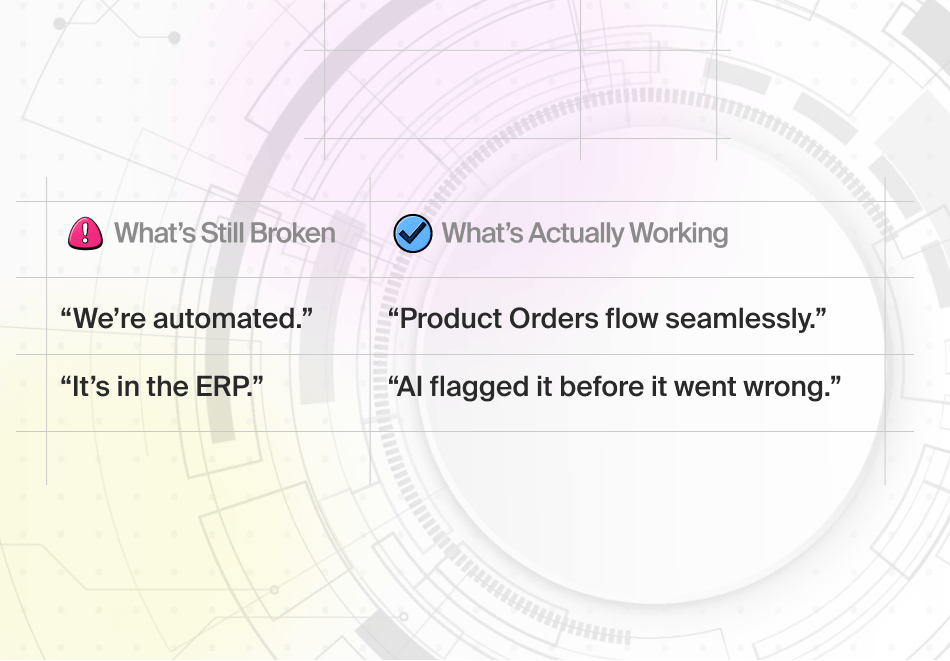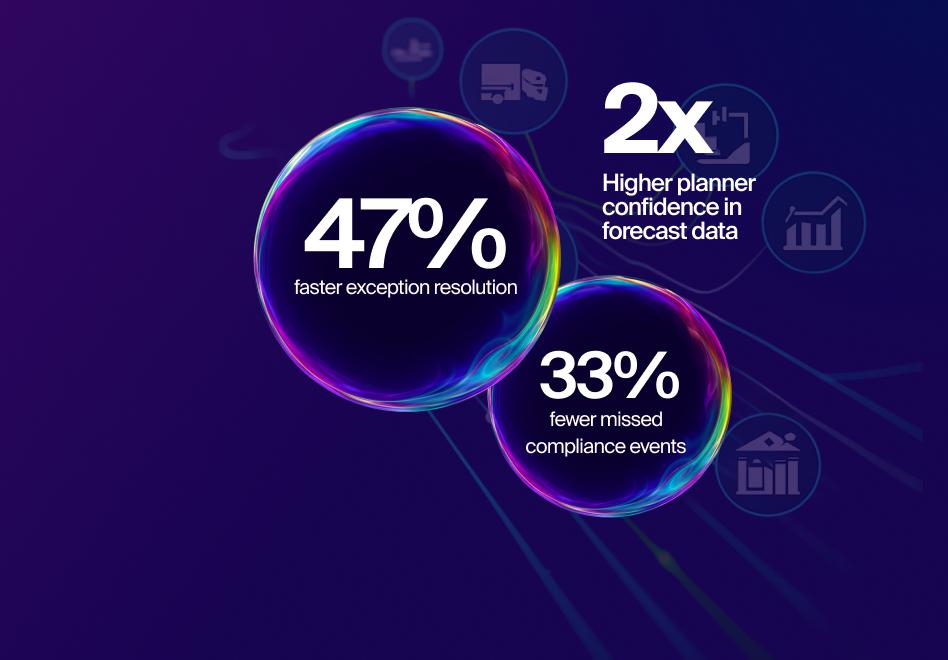Introduction
Imagine your company’s software vendor has just announced it’s no longer supporting a program your staff uses, one that over the years has helped you grow your business. Processes continue to get more complicated with data continuing to expand at astronomical rates leaving older systems behind. Your company is left with no choice: It’s time to pick a new enterprise resource planning (ERP) system for your organization.
There are two major questions that need to be answered: Which solution best suits your company right now? Is there a different solution that will help your pharmaceutical or chemical company grow from a small or medium business (SMB) to a level able to challenge the industry giants?
Choosing the Right ERP System
Before your company can evaluate products on the market, you need to understand what will work best for you. ERP News suggests that if you do nothing else, it’s important to understand the needs of your business.
Before starting the ERP selection process, it is a good idea to analyze the business processes correctly and reveal the areas that you find incomplete or that need to be improved.
Figue: 1 ERP selection process
There are 10 critical steps to selecting the right ERP software package:
1.Ensuring it fits your company’s business needs. It’s important to understand what your organization’s needs are now and in the future; short, medium, and long term.
2.Planning an effective budget. You want to get the most effective business ERP system for your organization. What’s the total cost of ownership? What kind of return on investment (ROI) can you expect? Which is most likely to help your company profit and grow?
3.Verifying flexibility and scalability. Just because a package is a top-rated ERP solution today doesn’t mean it can keep up as your needs grow or as market conditions change.
4.Ensuring it can adapt to new technologies. Can your solution of choice support internet of things (IoT) data? Is it compatible with cloud computing? Does it allow work from any location? Is it usable with tablets, laptops and even mobile phones?
5.Is it compatible with your existing business software? Can the new system communicate with your legacy software and devices? Will your users access old data alongside new orders and processes easily?
6.What do similar-sized competitors use? Is there a standard ERP used in your industry? What do your clients, suppliers and business partners use? What do they like and what would they change if given a chance to start from scratch?
7.Research your implementation partner. How much experience do they have in your industry? How flexible is the software and how capable is your partner? Can your implementation partner customize the software to meet your specific, demanding needs?
8.Will it grow with your business? Can the enterprise resource planning application expand, not only in terms of users but into other areas you don’t need today, but might in the future?
9.Does this project have support from upper management? If not, going through all of the other steps is an exercise in futility. Effective research will make it impossible for top management to say no.
10.Does it have a familiar look and feel? Don’t underestimate the effect changing ERP systems will have on your worker. If you don’t have user support, making it work will be tough. One way to achieve that goal is by using software similar to other programs they already use.
One last question to continuously ask along the way might be “What do we have that works well right now? What do we need to function better?”
Top ERP Systems in the US
All of the software giants have ERP systems. Depending on who you read, different companies will be on top. The dominant players are well-known software companies: Microsoft, Oracle, SAP, Salesforce and others. In no particular order, the most frequently mentioned top ERP systems are:
- Epicor ERP
- IFS
- Infor
- Microsoft Dynamics 365
- Oracle JD Edwards
- Oracle NetSuite
- Sage X3
- Salesforce CRM
- SAP Business One
- SAP ERP
- Syspro
- Workday Financial Management
Researching offerings from each one of these major companies will take time and manpower. At this point, you’ve moved on to the next stage: evaluation.
Get a assessment to find the right ERP for your organization.
Evaluating ERP Software
According to SelectHub, choosing the right ERP system includes evaluating criteria based on your company’s needs. Typically, evaluation criteria includes:
- Customer Relationship Management / Account Management
- Accounts Payable Reporting
- Bank Reconciliation
- Benefits Administration
- Capacity Requirements Planning
- Material Requirement Planning
- Bill/Build of Materials
- Logistics Management
- Inventory Management
- Module Integration
- Installation Type
- Network Flexibility
- Employee Training
Companies in the pharmaceutical and chemical industries should add:
- U.S. Regulatory Compliance
- International Regulatory Compliance
Not included in this list is one other critical criteria that can help determine if your company would be vulnerable to attacks: data security.
Where to Start
A great place to start your search for a flexible, versatile, secure and ultimately valuable ERP software package solution is by connecting with an experienced consulting service with a thorough understanding of highly-regulated industries. This should include upgrades and migration, which are commonly ignored.
There are many partners that can suggest a modern upgrade path including an in-depth migration assessment that is risk-free and cost-effective. Whoever you team with, you’ll want to make certain they have extensive experience in your industry with respect to project planning, risk management and strategy.
Our Recommendation: Microsoft Dynamics 365
Microsoft Dynamics 365 ERP solutions are easily expandable, extremely secure, and backed by Microsoft’s Azure platform. Microsoft Dynamics 365 (D365) modules include Finance, Supply Chain Management, Business Central and other related—and integrated—products. D365 can be customized and enhanced with other functionality, including products specifically designed for chemical and pharmaceutical companies. Integrated Chemical Management is a perfect example as one of Microsoft’s preferred solutions for these industries.
As a Microsoft product, Dynamics 365 has an advantage over every other competing product: a familiar look and feel. Office 365 and its many predecessors are used by millions of people worldwide. This familiarity helps your staff learn new software without having to learn an entirely new method of working.
Final Thoughts
For every business, Selecting the right ERP system for every business starts with an honest evaluation of your company and its needs. Determining where you are and where you want to go are the first steps towards ensuring your investment ultimately turns a profit and helps your organization grow.
It’s a big job, selecting the right partner along with the right software package. Thorough research and proper planning will be key to a smooth transition, but the result will be a much better implementation of a much better product. Are you ready to get started?
